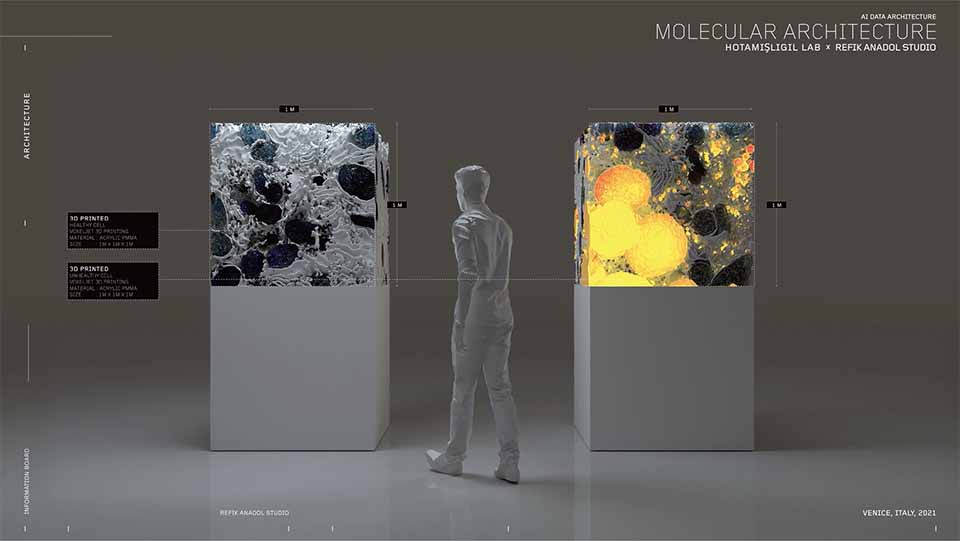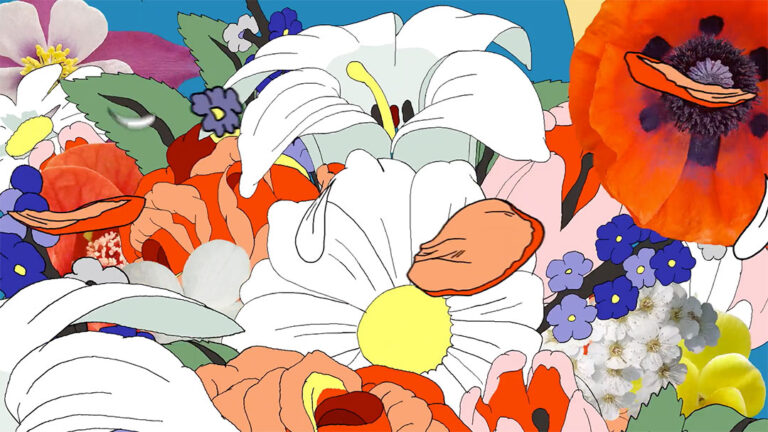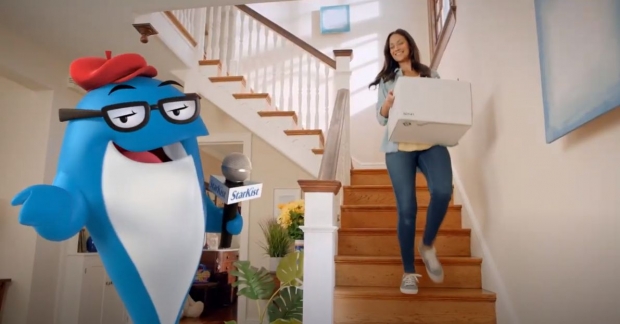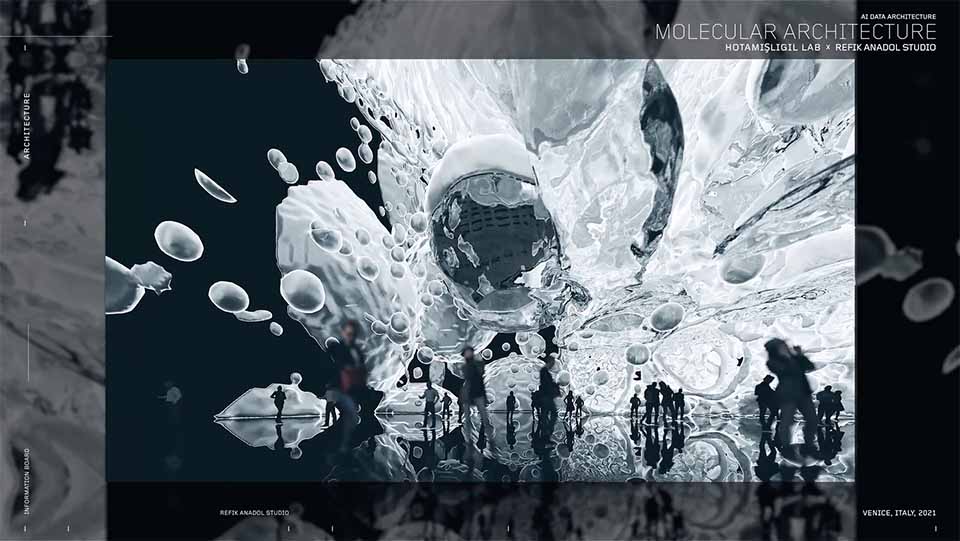
“Approximately 70 Terabytes of multimodal MRI data, including structural, diffusion (DTI) and functional (fMRI) scans of people ranging from birth to nonagenarians and beyond are used to train machine-learning algorithms that discover patterns and imagine the development of brain circuitry throughout the human lifespan.
“Based on the data collected from Prof. Gökhan S. Hotamisligil’s years-long study at Harvard University and Sabri Ülker Center on the relationship between metabolic health and certain chronic diseases such as obesity and diabetes, the augmented sculptures of Molecular Architecture emerge from the application of cutting-edge FIB-SEM imaging, segmentation of 22, 035 sections collected from a 1m µ3 volume, machine learning, and 3D constructions and printing techniques.
Refik Anadol, the Turkish-American new media artist who previously transfixed us with his Melting Memories work, just released Molecular Architecture, an installation combining AI data sculpture and large-scale 3D printing.
“Through collaboration between Dr. Taylor Kuhn, coordinator of the Human Connectome Project (HCP) at UCLA, Refik Anadol Studio developed a dynamic network at the intersection of neuroscience and design to study fundamental questions about the architecture of the human brain.
Production: Refik Anadol Studio
Artist: Refik Anadol
Posted on Tuesday, July 6, 2021 · Leave a Comment
Refik Anadol: “This exhibit on the ‘resolution of biological structure’ explores the main theme of the 2021 Venice Architecture Biennale, ‘how will we live together?’ through an interdisciplinary investigation of how human vitality and unobscured anatomical spaces can help us find new metaphors for adaptability in innovative design.
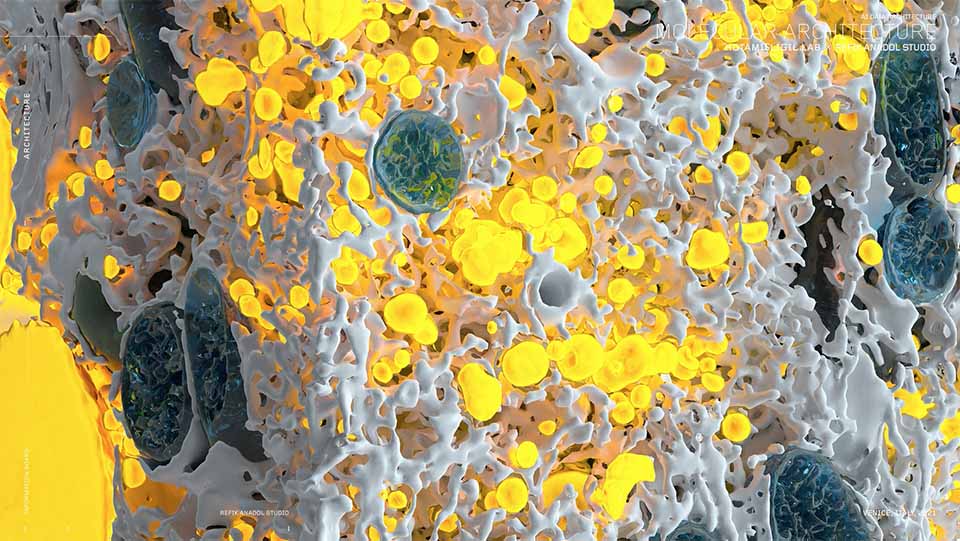
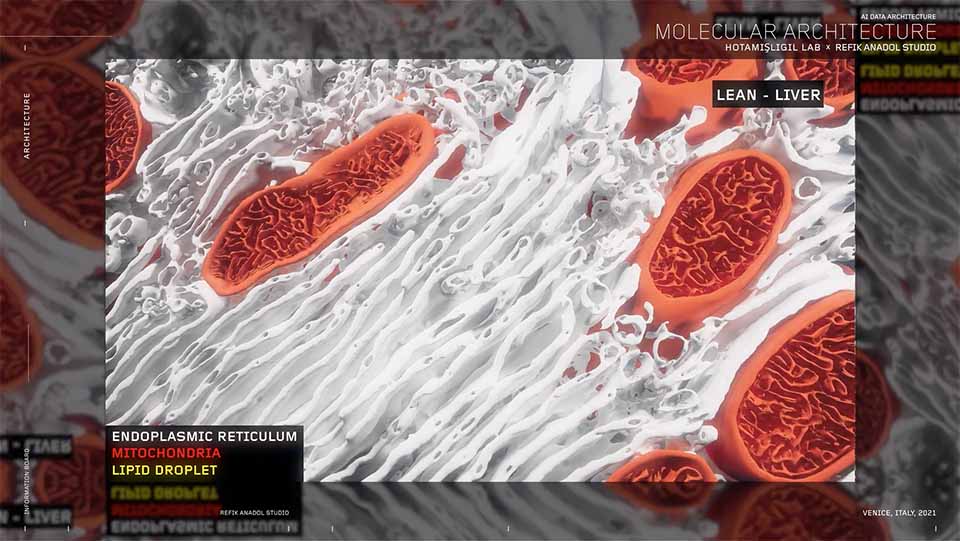
“They aim to accurately represent the spectacular resolution of inner architecture of liver cells and their biochemical and physiological constellations of healthy and unhealthy cell structures that will define the future of global human health.”
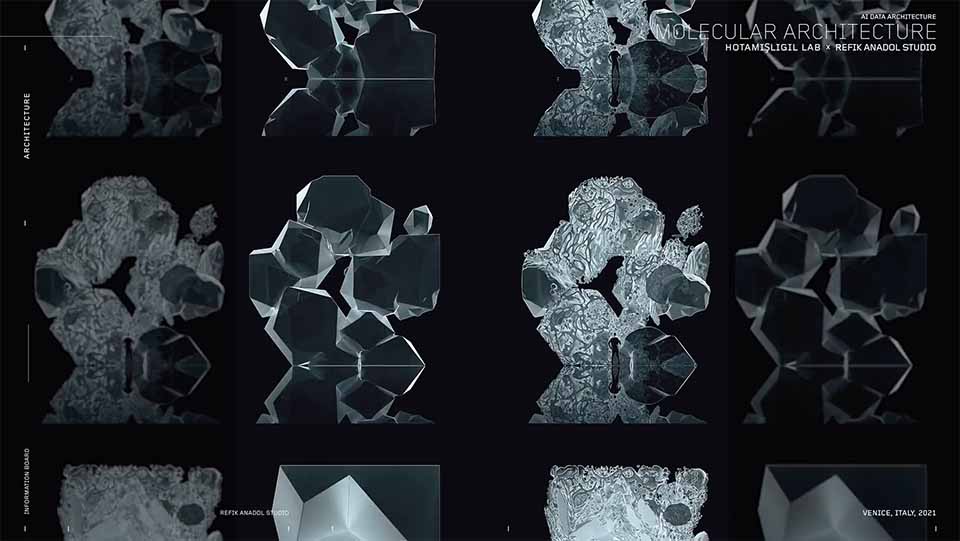
“Using this groundbreaking approach, we were able to generate a fully immersive, augmented 3D brain model, Sense of Space.
“Visual re-imaginings of the relationship between form (spatial connections) and function (temporal relationships) with the help of machine intelligence lie at the heart of both works on display, encouraging the viewer to also reflect on the role of advanced artificial intelligence tools and 3D printing technology to re-define our sense of space.

